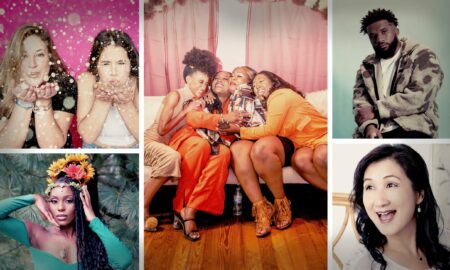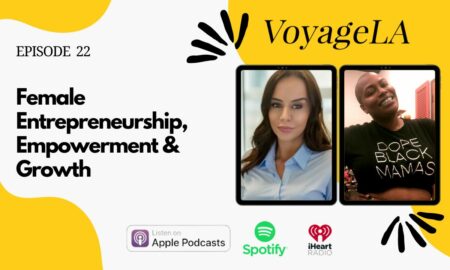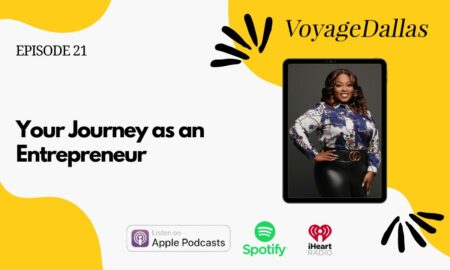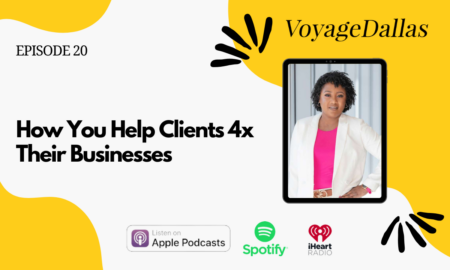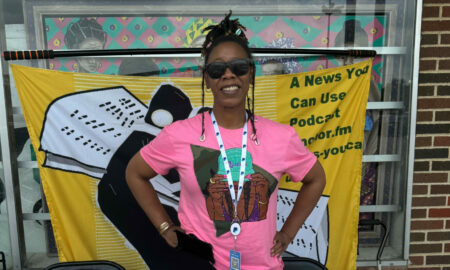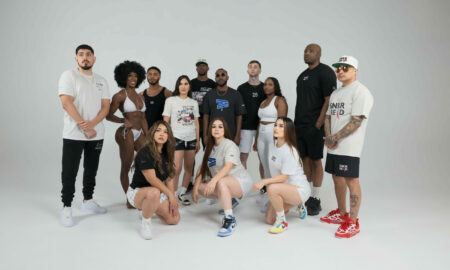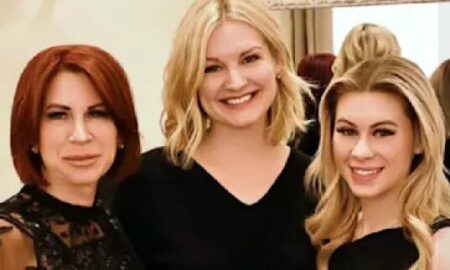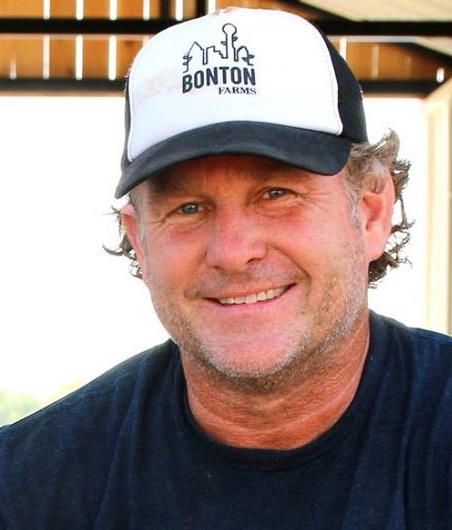

Today we’d like to introduce you to Daron Babcock.
Daron, please share your story with us. How did you get to where you are today?
Seven years ago, I began volunteering in the small South Dallas neighborhood known as Bonton. We would come down every Saturday morning for a couple of hours to meet with a small group of men from this community that had been to prison and were trying not to go back. To say these men and this community made an impact on me would be an understatement.
However, after about six months of doing this, I was faced with a very challenging personal question… why was I doing this? As I see it, we were coming down for two hours each Saturday and meeting with the same men that have the same problems and are stuck in the same way as the week before. Was I doing this because it made me feel better about myself? Or did I really care and want to make a difference? The latter proved to be true and I resigned from my career, sold my home and moved to Bonton hoping to become a good neighbor. Hoping to make a difference.
When you live somewhere, you see things differently than when you just visit. One of the things I learned was that a very large portion of the people in my community are sick. Not sick in the way you and I probably think of sick, but literally sick and dying. In Bonton, we suffer from more than twice the rate of cancer, stroke, heart disease, diabetes and childhood obesity than the county we are located in. Why?
After asking a lot of questions, I learned that Bonton was a food desert. I had never heard the term. How can one of the wealthiest cities in the world in the richest country in the world have neighborhoods that are classified as a food desert? Well, unfortunately, it is a lot more common than you’d think. My new neighbors and I talked about it and we decided to plant a garden. This would give me and my friends something to do together and they could take the food for themselves or sell it or whatever they wanted to do with it.
One day, one of my friends took his share from the garden and went to the liquor store up the street. He was showing it to his friends. They were interested and one offered to buy some from him. As they made the deal, a code enforcement officer pulled up and wrote them a ticket for selling vegetables. You heard me right. You see, at the time in Dallas, it was not legal to have what the city called a “Market Garden” (a garden you could sell things from).
Overall, has it been relatively smooth? If not, what were some of the struggles along the way?
Nothing in the hood is smooth. We have friends and neighbors get killed, return to prison, fall victim to the streets in a hundred different ways. Life here is hard, but we believe another world is possible.
Please tell us about Bonton Farms.
Bonton Farms is an agricultural intervention to restore lives, create jobs and ignite hope for the most marginalized people in the most neglected neighborhoods. Because Bonton, among other things, is a food desert, my neighbors and I decided to plant a garden. That garden turned into the first farm in the city of Dallas. It is almost an entire city block… about 1.25 acres.
About a year ago, that expanded to include a 40-acre farm about 12 minutes outside our neighborhood. We use the farm to grow healthy affordable food for our community. While doing that, we are also a place where people come that are returning home from prison, trying not to go back to prison, returning home from drug/alcohol rehab, returning home from domestic abuse shelters or just needing a safe place to be loved on and encouraged and challenged. We all work together on the farm to bring food to our community and to make it a better place for us all to live.
I am most proud that we gladly welcome people that most of the world has given up on and we get to watch them blossom and begin to have hope and dreams. We get to watch them realize they are unique and special and have a purpose in this world. Hope makes all the difference.
If you had to go back in time and start over, would you have done anything differently?
Very little. Don’t get me wrong, we have made mistakes along the way, but I believe those are the best lessons learned.
Pricing:
- Bonton Honey $10 per 16oz bottle
- Bonton Honey Butter $12
Contact Info:
- Address: 2612 Valentine St.
- Website: www.bontonfarms.org
- Phone: 469-400-9601
- Email: daron@bontonfarms.org
- Facebook: https://www.facebook.com/bontonfarms/






Getting in touch: VoyageATL is built on recommendations from the community; it’s how we uncover hidden gems, so if you know someone who deserves recognition please let us know here.










